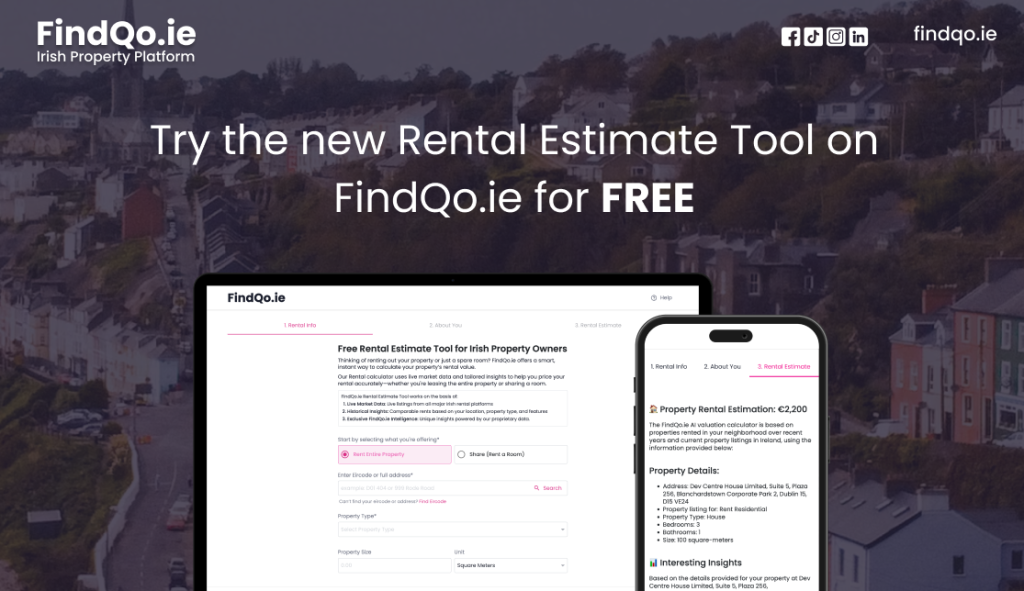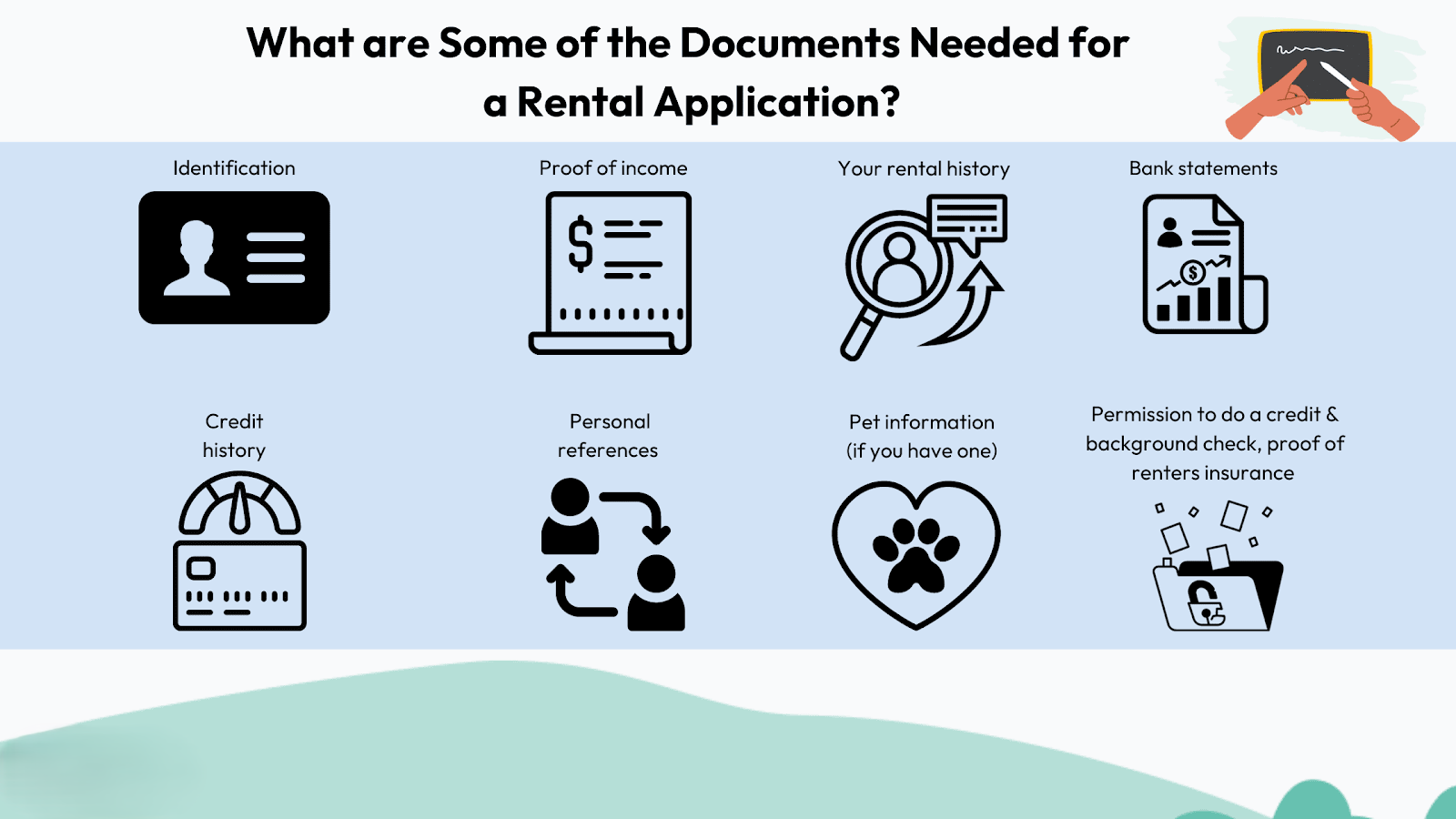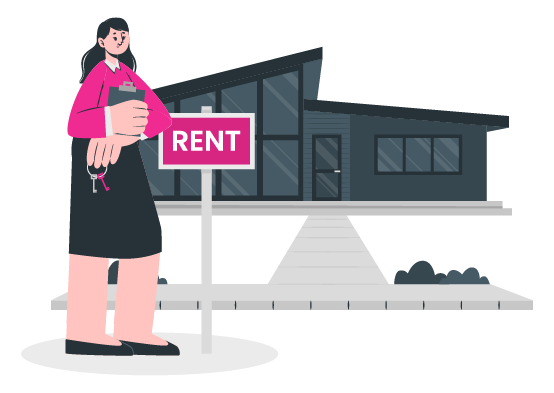Setting a fair rent isn’t just about market trends it’s about trust. In Ireland’s competitive rental market, more tenants are asking landlords to justify rent increases or starting rents. Providing documentation that supports your rental price not only builds transparency but also strengthens your position if a dispute arises.
In this article, we’ll cover the most effective types of documentation that help prove your rent is fair, along with how using a smart rental estimate tool like FindQo.ie adds credibility to your figures.
Why Proving Fair Rent Matters
Fair rent builds trust with tenants, reduces the risk of disputes, and helps you comply with laws under the Residential Tenancies Board (RTB) especially if your property falls under Rent Pressure Zones (RPZs). Having documentation ready protects you if tenants question your pricing or if a rent review occurs.
So, what should you have in hand?
1. Comparable Listings
One of the strongest pieces of evidence is recent rental listings for similar properties in your area. These help show what tenants are willing to pay under current market conditions.

Look for listings that match:
- Property type (e.g., 2-bed apartment vs 3-bed house)
- Square footage and layout
- Location and proximity to amenities
- Property condition and features (e.g., garden, parking, smart tech)
Instead of manually searching, you can get access to these insights instantly by using the FindQo.ie rental estimate tool. It pulls live market listings from major Irish platforms to give you real-time comparables.
2. Historical Rent Data
Showing how rental prices have changed over time in your area can be powerful. If your rent increase is based on inflation or market growth, having past data on hand shows you’re keeping in line with economic trends.
Where can you get this data? FindQo.ie’s rental estimate tool provides historical insights tailored to your exact location and property type, so you’re not relying on national averages.
3. Rent Pressure Zone (RPZ) Calculations
If your property is located in an RPZ, rent increases must follow specific formulae laid out by the RTB. In such cases, documentation should include:
- The base rent
- Dates of previous rent reviews
- Percentage increase permitted under RPZ rules
- The official RPZ calculator output
This helps demonstrate that you’re compliant with legislation and charging fairly within the permitted limits.
4. Property Condition and Improvements
Have you recently renovated the property, added energy-efficient appliances, or installed smart home features? These upgrades justify higher rent when supported with:
- Receipts or invoices from contractors
- Photos or inspection reports
- BER certification if energy upgrades were involved
It’s also worth noting that smart technology can command a premium. If you’ve upgraded with smart thermostats, lighting, or security, highlight this in your rent proposal. Tenants value convenience and efficiency and are often willing to pay a little more for it.
5. Independent Rental Estimates
This is where tools like FindQo.ie really shine. You can access an independent rental estimate tailored to your specific property, based on:
- Live market listings
- Comparable rents nearby
- Property features and condition
- Proprietary insights from FindQo.ie’s own AI-driven database
This third-party validation adds significant weight to your rent proposal. It shows tenants you’re not just guessing you’re basing your pricing on data.
Want to demonstrate fairness and accuracy? Try FindQo.ie’s rental estimate tool. Just input your property details and get a personalised report in seconds. It’s fast, accurate, and trusted by landlords across Ireland.
6. RTB Registration and Legal Compliance
Having all RTB paperwork up-to-date is essential. Make sure to keep copies of:
- RTB tenancy registration
- Previous rent review notices (if applicable)
- Any written correspondence relating to rent changes
These documents demonstrate that you’re operating within legal guidelines and communicating changes properly.
7. Utility and Services Breakdown (Optional)

While tenants usually pay for their own utilities, some landlords include extras in the rent such as:
- Internet or TV subscriptions
- Waste collection
- Communal maintenance (in apartments)
If you include these services, itemise them in your rent breakdown so tenants can clearly see the value they’re getting.
Renting out a property is a business and in business, transparency builds trust. With the right documentation in place, you’ll find that rent discussions become smoother, professional, and less likely to escalate into disputes.
If you’re looking to price your rent fairly and back it up with solid data, head over to FindQo.ie’s rental estimate tool. Just pop in your property details, and you’ll receive a tailored estimate backed by market data, historical trends, and AI-powered intelligence. It’s an easy step that helps you stand firm and fair.

